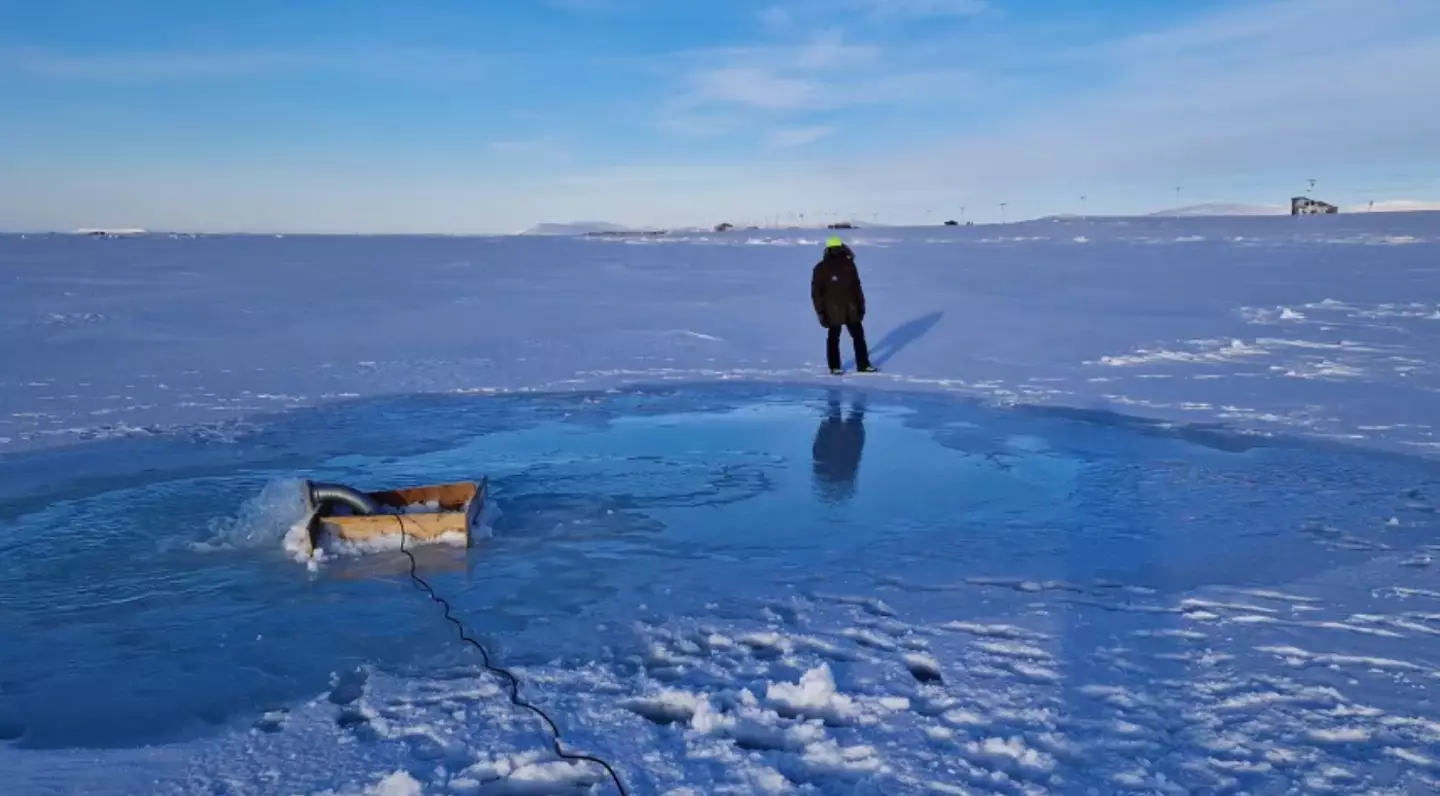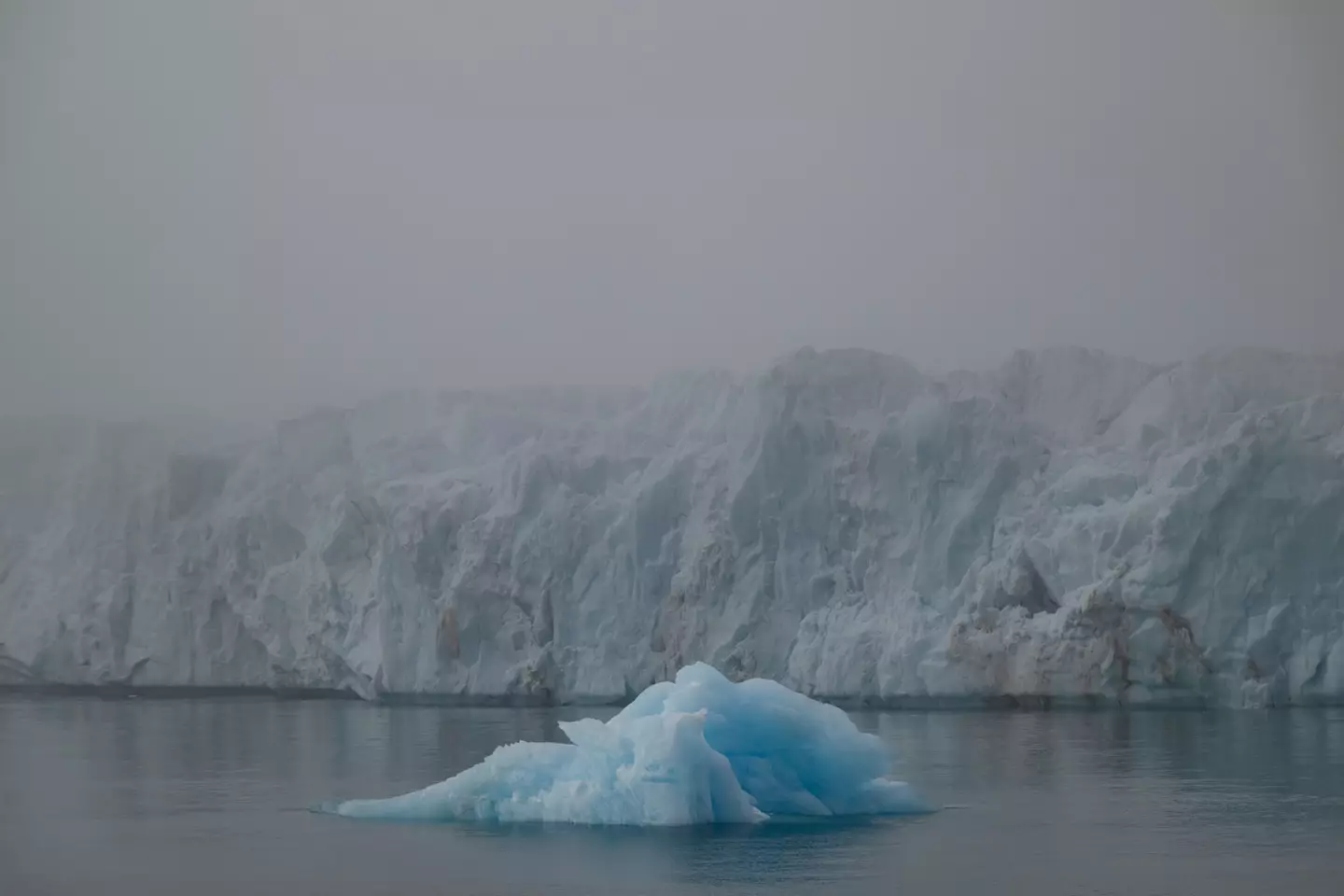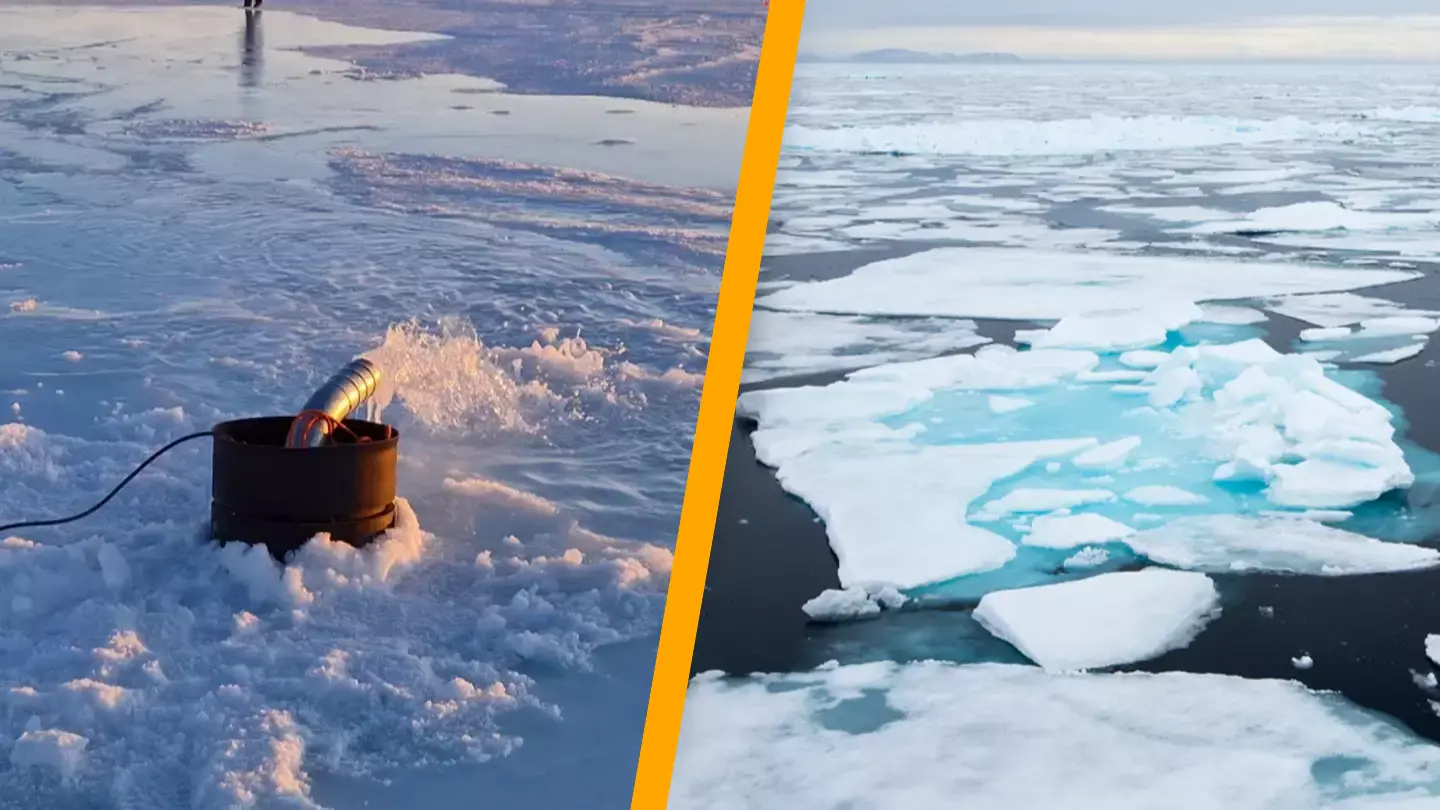In response to predictions that the Arctic may significantly lose its ice by the early 2030s, scientists have devised a strategy to attempt to refreeze the region.
Over the past few decades, climate change has led to significant warming in the Arctic, causing severe impacts not only locally but globally as well.
The effects of global warming include more frequent droughts, intensified storms, rising sea levels, and an increase in certain diseases such as malaria. These changes are causing widespread disruption across the planet.
The Arctic is facing some of the most dramatic changes, with NASA reporting a 12.2 percent decline in ice per decade.
Considering this alarming statistic, scientists have begun exploring methods to restore Arctic sea ice.

A UK start-up, Real Ice, has initiated a project where they drill holes through the sea ice to pump seawater onto the surface, where it can then freeze, as explained by CNN.
The team commenced their trials in January of this year at Cambridge Bay in Canada. Following their recent tests, four inches of ice have been successfully formed.
However, according to Shaun Fitzgerald, director of the Centre for Climate Repair at the University of Cambridge, it remains in the “early days” of development.
“I am optimistic, but we need more experiments and more data,” he noted.
According to Real Ice’s website, the process involves using an underwater drone equipped with a hydrogen fuel cell to pump water onto the ice.
These drones are designed to create holes in the ice from below using heated drills.

Andrea Ceccolini, co-CEO of Real Ice, mentioned that the deployment of drones is carefully managed to avoid disrupting animal migration paths and shipping lanes.
Despite some encouraging results, the initiative has faced criticism from other experts.
Liz Bagshaw, an associate professor in polar environmental change at the University of Bristol, described the plan as ‘extremely questionable’.
“Such interventions are morally dubious at best, and at worst, ethically irresponsible,” she commented to CNN.
Jennifer Francis, a senior scientist at Woodwell Climate Research Center, expressed her “serious doubts” about the plan’s potential impact on Arctic ice levels.

There are also concerns about “grave unforeseen consequences,” including potential changes to marine ecosystems.
A 2024 report titled “Safeguarding the polar regions from dangerous geoengineering” warned that such measures could “cause severe environmental damage”.
The report emphasizes that addressing the root causes of climate change through rapid and substantial decarbonization is more effective than intervening in vulnerable polar ecosystems.

